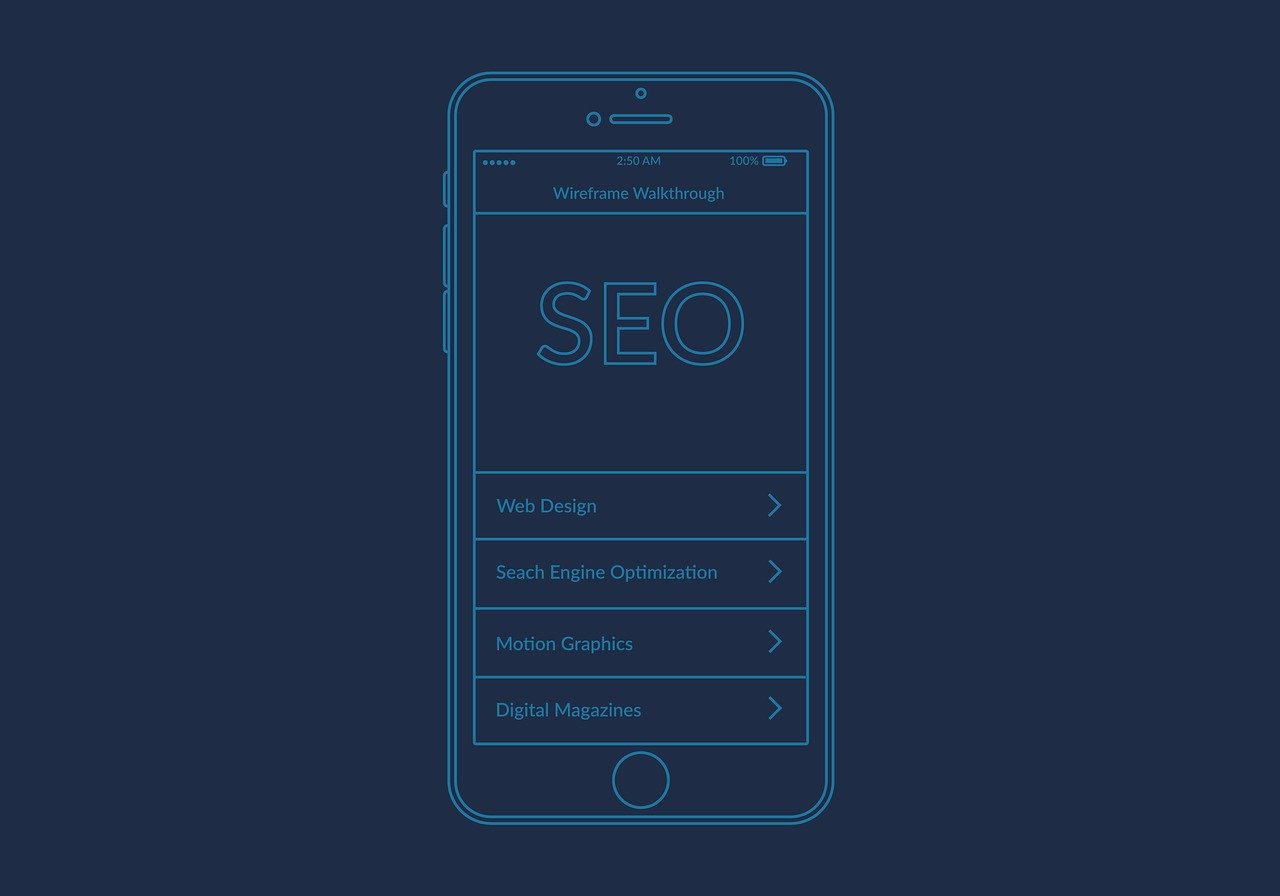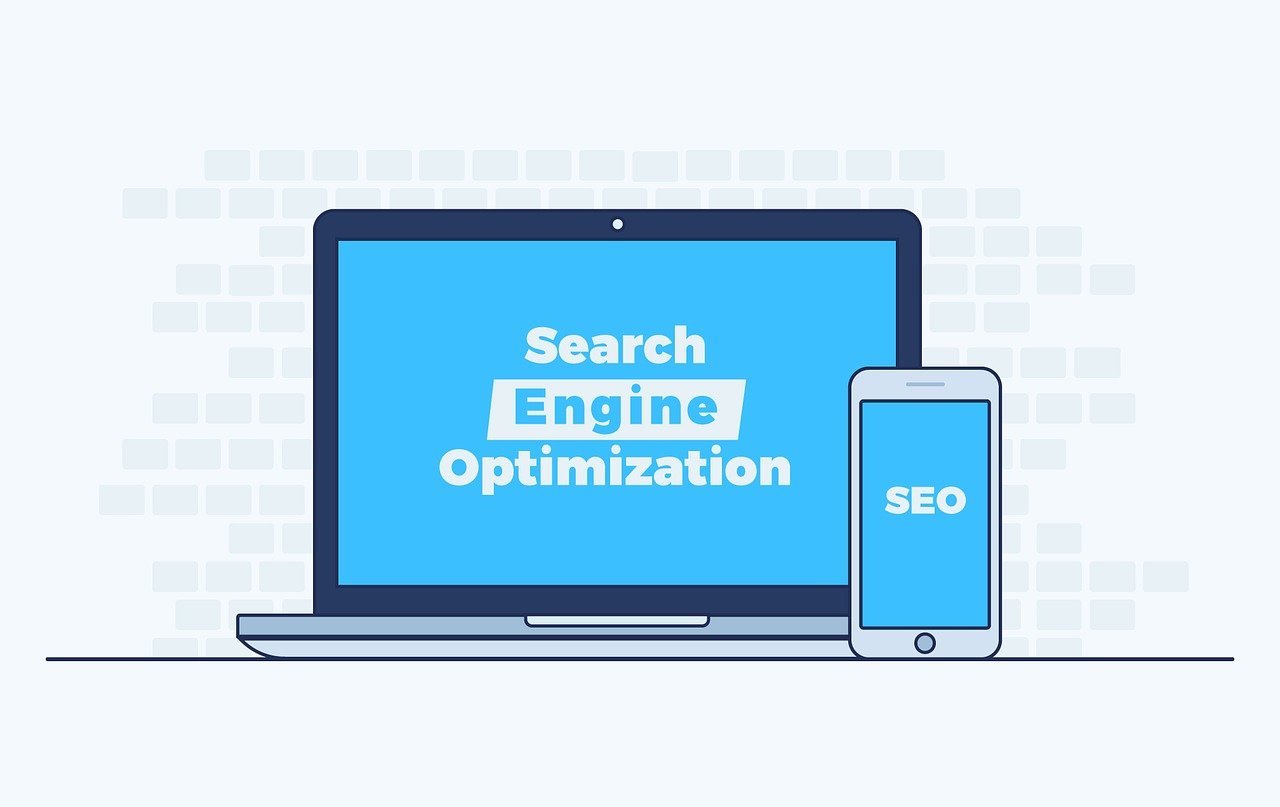Search engine optimization continues to be one of the most widely used marketing methods for both small and large businesses. As more and more people search for goods and services online, it becomes a matter of course to try to be seen where they search. We are of course talking about search engines.
A well-executed SEO strategy helps your website rank higher in search results for relevant keywords, which means more potential customers find your website. Since your target group is actively searching for specific search terms, SEO also becomes an incredibly effective tool for reaching the specific target group that is most relevant to you, at the best possible time – when they are actively looking for what you offer.
With all that said, by understanding how search engines index and rank websites, you can create an SEO strategy and work to improve your chances of appearing higher in search results – increasing your chances of attracting visitors and potential customers.
Basic Overview of SEO
Search Engine Optimization (SEO) is a strategy used by small, local as well as large multinational companies for the obvious reason that it works – when done right.
The goal of SEO is to increase organic traffic by ranking higher in the search results for specific search phrases and keywords. With the help of a variety of techniques, strategies, and optimization methods, you increase your chances of getting visitors from search engines and thereby reach your target group.
Search engines like Google use complex algorithms to index and rank web pages based on various factors. Google uses hundreds of different ranking factors when determining what position a specific page should appear for a specific keyword. Some of these ranking factors are more important and carry more weight, while others are less important. But having said that, it is the whole that matters to succeed in SEO, which is why it is important to keep track of all its components.
At its core, however, is user experience, which is something that permeates all search engines. If your website offers a poor user experience in the form of slow loading, poor and difficult to navigate design, and low quality on-page text, you will struggle to do well in the search engines. Therefore, the user experience is something that forms the basis of all successful SEO.
As discussed, the main goal of SEO is to achieve higher visibility and ranking in the search results. By optimizing various aspects of your website, including content, technology and link structure, the goal is to become more relevant and useful to search engines. This results in a better position on search results, which in turn increases the likelihood that users will click on the website and explore its content.
Advantages of Search Engine Optimization
Better visibility on search engine results pages
The most obvious and most important benefit of search engine optimization is improving visibility in search results. With a well-thought-out and executed SEO strategy, you can increase your visibility in search results. When your website ranks higher for relevant search phrases, it becomes more visible to users searching for related content, products, or services that you offer.
Click-through rate and its impact on traffic
Ranking high in the search results not only increases visibility but also increases the click-through rate. This is the percentage that sees your search result and actually clicks on it instead of continuing to scroll. Users tend to click on the first results they see and by ranking high you can therefore attract more traffic. Increased click-through rate means more organic traffic, which is of course the whole purpose of SEO.
Users associate high rankings with trustworthiness
In general, people trust the websites that rank high in the search results more than those further down. This is of course positive for your company in general as a way of increasing trust and reliability. An important advantage of SEO and ranking high is that it signals to users and potential customers that you are a leader in your industry.
In order to build your brand and at the same time gain the trust of users, it is important to say a lot of emphasis on creating relevant and valuable content. You also want to ensure a user-friendly experience.
Conversion optimization through SEO
Tailoring content for the target audience: An important aspect of SEO is creating content that is not only optimized for search engines but also appealing and relevant to the target audience. By understanding the needs and interests of the target audience, companies can adapt their content to increase engagement and improve the chances of conversions. The SEO strategy should therefore focus on creating quality content that resonates with users.
Optimizing Meta Descriptions and Page Titles for Increased CTR: Meta descriptions and page titles play a key role in attracting users to click on a link from the search results. By optimizing these elements with relevant keywords and compelling information, a website can increase its click-through rate. A higher click-through rate not only indicates increased interest from users but can also lead to more conversion opportunities.
Mobile optimization and its impact on the user experience: In today’s mobile-centric world, mobile optimization is a critical factor for both SEO and conversions. Search engines value mobile-friendly websites highly, and a seamless mobile experience increases the likelihood of conversions. Ensuring the website is responsive and optimized for different devices creates a positive user experience that translates into conversions.
Long-Term Effects of SEO
Sustainability and continuous improvement
An important benefit of SEO is the fact that it can provide long-term results – long-term. Take paid advertising for example. The second you pause your ads and stop paying, your ads stop showing. In that way, most types of digital marketing are “par to play” where you constantly have to pay in order to continue to see results.
With SEO, however, it is different. SEO is a long-term form of marketing where you will continue to see results from your actions for a long time to come. But with that said, SEO is a job that is never perfect and requires consistent work to continue to improve your results. If you stop working on your SEO strategy, your results will usually stagnate and over a longer period of time slowly but surely decrease, but it is far from paid ads where it becomes like turning off the switch and the ads stop appearing and thus generating results.
This is, of course, a great benefit of SEO that sets it apart from most other types of marketing strategies. However, to maximize your results, you should maintain consistent work and constantly work to improve and refine your strategy to continue to increase your results in SEO.
How regular updating and optimization affect long-term visibility
To elaborate on the previous topic, it is important to know that search algorithms and user behavior change over time. Search engines are constantly updating their algorithms to improve the user experience. This is a key reason why you must constantly adapt and adjust your strategy to appeal to what search engines look at when ranking websites.
This way, you can keep your website relevant and maintain or even improve your visibility on search engines.
Common SEO mistakes to avoid
Overuse of keywords (keyword stuffing): One of the most common pitfalls in SEO is the overuse of keywords, also known as “keyword stuffing”. This strategy worked many years ago but search engines have gotten much smarter than that and instead tend to penalize websites that over-optimize with keywords in a manipulative and unnatural way. Instead, it’s important to use keywords naturally and focus on quality over quantity.
Ignore Technical SEO: Technical SEO focuses on the technical part of your website. This includes things such as page speed, mobile friendliness, and proper indexing of pages. Technical SEO creates a solid foundation to build on with high-quality content and then backlinks, and other important elements of SEO. It is important to remember that the user experience is something that search engines place a lot of importance on. Technical SEO on your website is therefore an important component that should not be neglected. You should regularly conduct technical SEO analyses to ensure that the website is optimized for search engines and users.
Lack of mobile adaptation and responsive design: Today, the majority of searches on search engines are done on mobile. For this reason, it is of course incredibly important to ensure that your website is mobile-optimized. If your website is not responsive and does not provide a good user experience on different devices, your results in SEO will be negatively affected, reducing your chance of both traffic and conversions.








![76 Tips to Optimize your Website for SEO [Guide]](https://toppdomain.com/wp-content/uploads/2023/12/web-3967926_1280.jpg)